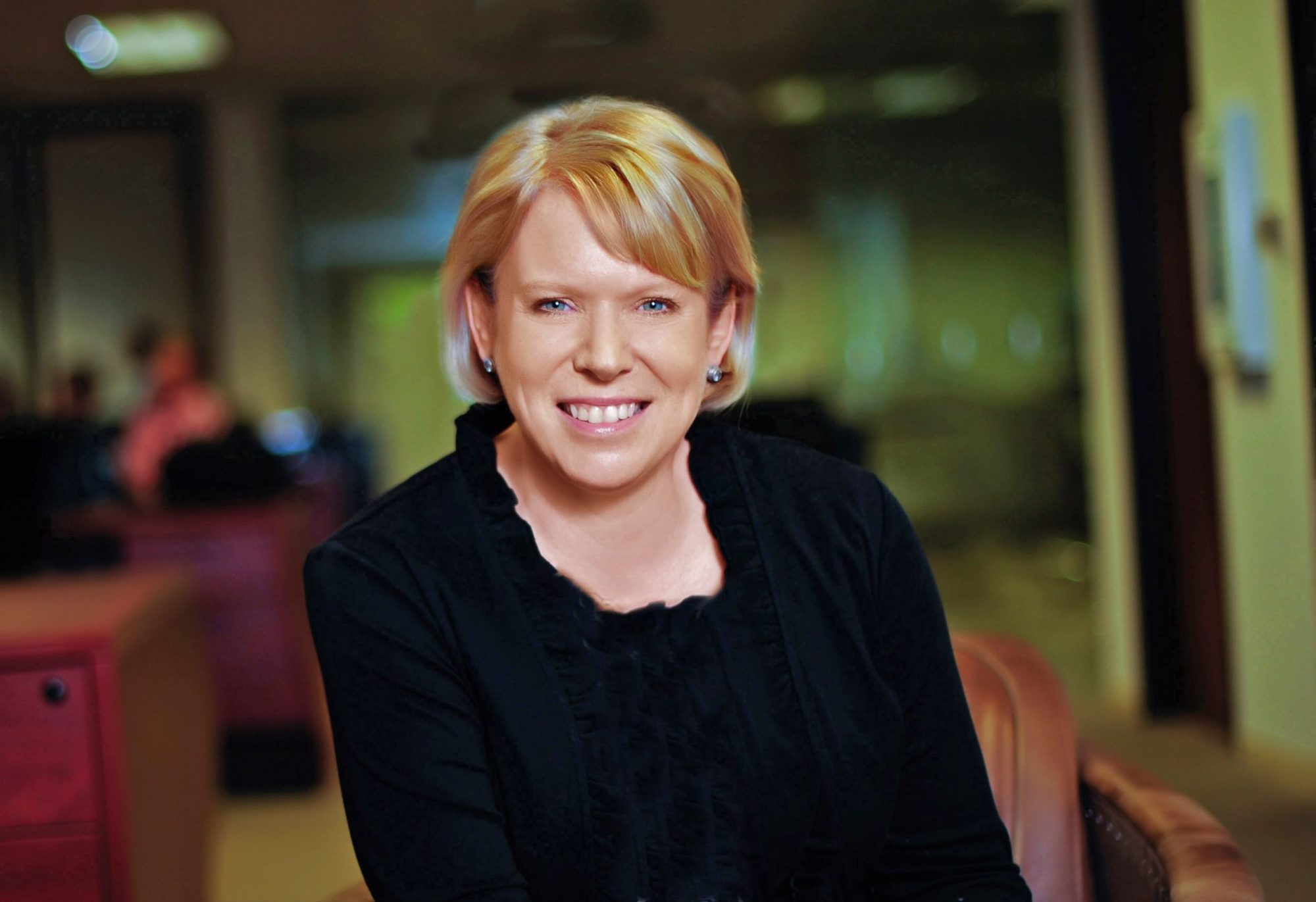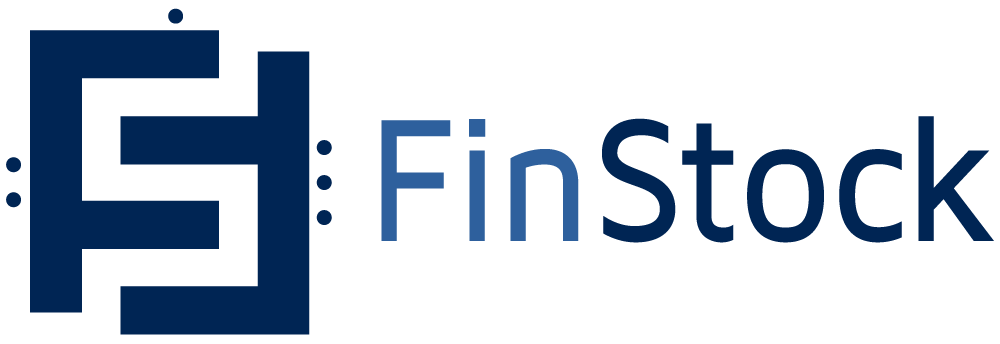
How has COVID-19 affected your business? Are you experiencing a change in demand given the changes to the economy and government measures?
Our business fortunately hasn’t been significantly affected, aside from having our travel and events curtailed. There’s still a strong demand for supply chain planning solutions, particularly ones with machine learning capabilities that can help clients rapidly adapt to the changing supplier situations and consumer demand that goes along with major disruptions like this.
We’re also closely monitoring what our clients are experiencing. For some, demand has cratered, but for others, it has spiked. Some companies are experiencing both dynamics at once across different product families.
Do you expect people’s relationship with logistics to change in the long term due to COVID-19?
Yes, in the sense that I think people who don’t work in this field will be much more aware of what goes into keeping global supply chains running smoothly. Before COVID, the average person who ordered a package didn’t think much about where it was coming from, as long as it got to them in a reasonable amount of time. I think people are now much more aware of the complex network of suppliers, manufacturers, and distribution it takes to get that package to them, particularly as we’ve had to grapple with the risk to front-line workers (whether they’re having to go to work where a product is manufactured, or in a warehouse along the way, or if they’re involved in the shipping or delivery process). People took that for granted for a long time in a way that I don’t think they do anymore.
For those who already worked in logistics, there will also be changes. Global supply chains are fundamentally rearranging and there’s a lot of reflection on how the urge to optimize efficiency (whether it was offshoring manufacturing to keep labor costs down, or making supply chains very lean to cut inventory costs) made supply chains more fragile. These things worked pre-COVID—if you put aside the environmental toll—but fell apart spectacularly in the face of disruption. The industry is really reckoning with the ramifications of all this right now and I don’t think that we will go back to a pre-COVID normal in the way that supply chains are structured. The companies that survive this crisis are not going to leave themselves vulnerable to a future one.
The disruption associated with COVID-19 has highlighted some weaknesses in the modern supply chain: how can experts create solutions to these weaknesses?
It absolutely has. There are two elements to this; there are solutions on a strategy level and an execution level. Supply chains will likely be structured in a radically different way. Having your point of supply and your point of consumption on opposite sides of the world is going to be a lot less attractive. COVID has exposed vulnerabilities in supply chain networks which rely too heavily on a single supplier or region. I think almost everyone was astounded to see that something as basic as a face mask could not be procured at adequate levels in the US during the initial stages of the pandemic. Obviously, that’s an extreme case, but it highlights the lessons that I hope are being learned from this.
I would also expect to see a lot of changes on the execution level. Automation in production facilities and warehouses was already underway, but I think having seen the human workforce out of commission will accelerate that process. Robots can’t get sick.
Managing supply chains is also going to be more complex than we’re used to for the foreseeable future. Companies that were getting along using spreadsheets and manual intervention are going to find that isn’t a match for disruption on a global scale. There’s going to be a greater need for cutting-edge supply chain planning solutions that augment human planners’ abilities through machine learning and artificial intelligence. These technologies are very powerful when it comes to using data to predict behaviors and detect patterns and signals that a human might not. They also give you the ability to leverage demand modeling and multi-echelon re-routing tools that enable you to react faster and more effectively to disruption.
How has this year changed the way you market technology?
As the saying goes, timing is everything, and in the case of our new brand messaging that has proven very true. In Q4 of 2019, we finalized our “Be Ready for Anything” brand message and launched it in mid-February just before COVID spread globally. It’s the perfect tagline for ToolsGroup as our solution really does help businesses to be ready for the real world—which we all know rarely follows the rules. We have many customer stories of how our solution has helped our customers respond to disruption and continue to serve their customers and protect their businesses. It’s been an interesting year having to find novel ways to spread this message so that we can help other companies to be ready for future disruption.
I believe that 2020 has changed how we will market going forward. Digital marketing was already a major part of the landscape, but now it’s front and center. As I look at it, ToolsGroup has fared well in part because our marketing had already undergone significant digital transformation in recent years. This investment paid off for us much as it has for supply chains that digitally transformed prior to the COVID disruption. They, like us, were better prepared to react and respond.
COVID quickly took away some popular and very effective marketing tactics including conferences, tradeshows and direct mail. We took our user conference from in-person to virtual in a matter of weeks in March and found it very well received, with registration more than doubling from the planned in-person event. We’re learning how to navigate virtual trade shows and engage with attendees and have added more webinars into our marketing mix. We’re also doing more video content and have launched a new podcast. This focus on the digital realm is likely to define technology marketing going forward, and we’re embracing that shift.
Caroline Proctor is ToolsGroup’s chief marketing officer, leading global marketing and communications from ToolsGroup’s Boston office. She joined in 2017 after more than two decades as a marketing strategist and team leader for supply chain and enterprise software companies Manugistics, JDA, JustEnough Software, RELEX Solutions and Deltek.
The source of this article is from ToolsGroup
By ToolsGroup Editorial Team
